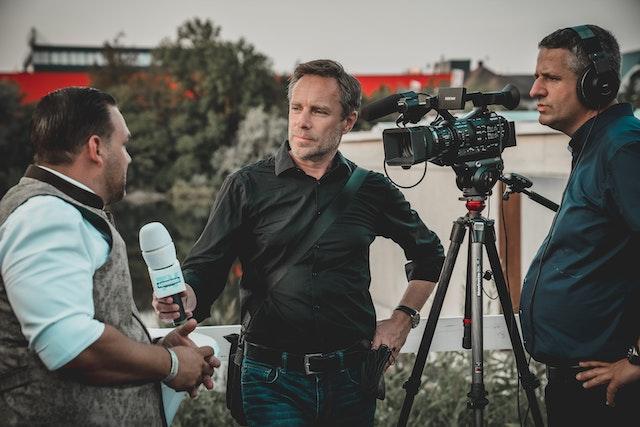The Speed & Accuracy Of Our News
With the popularity of Twitter and Facebook and with their constant stream of information, it’s only natural that a lot of use get our “breaking news” from such sites. A message can spread on Twitter faster than CNN can get the story, write it and post it. This happened recently with Wyclef Jean (of the Fugees fame).

The news of his being shot spread like wildfire. It was said that while in Port-au-Prince, Haiti, this past Saturday (where he is still campaigning to be president) he was apparently shot. Wyclef shot you say! That’s perfect fodder for gossiping on Twitter and Facebook. This bounced around the internets like Rebecca Black’s Friday video.
Later on, when more news came through it was said that he had in fact been shot but only in the hand. Wyclef said that a bullet had grazed his right palm as he stepped from his car to make a phone call (doesn’t he have a cell phone by now?). He told CNN he heard “the sound of the booms” and was “grazed by a bullet.”
Pras (one of ‘Clefs best friends and a member of the Fugees) tweeted Saturday night that Wyclef had been shot, but that “Everyone can relax Wyclef is fine… They can’t stop us not one bullet or a machine gun!!!!!!!”
Here’s where it gets even a little weirder. Wyclef went to the doctor to get all fixed up and what was the prognosis? He hadn’t been shot at all, it was merely glass that had cut him. Petionville Police Chief Vanel Lacroix tells Reuters Jean cut his hand on glass, according to doctors.
So there you go. Sometimes the speed at which we get our news, and the pace that it spreads can be a bad thing. Sure it’s a good source for things like large earthquakes and tsunamis, but be weary when you hear things that seem sensationalized. Many times it is best to wait for a reliable news source to check the data. Although in this case as well many credible sites ran the erroneous story as well.



